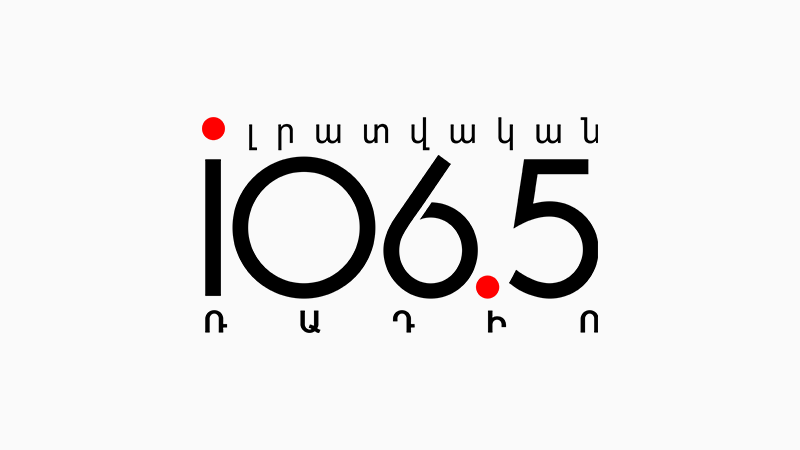Re: Regional geopolitics
Turkish "luck":
- Turkish economy is not at its best, for known reasons,... but the tourism industry is the least possible affected by 'security' matters, since no terrorist, kurd or islamist, dares thinking hitting the vital artery.
- Nevertheless, even if everybody seems doing its best to spare the turism industry, the western rich public is less inclined to risk its life among islamists. Most of all, because they can afford to go to Northern shores of the Mediterranean. So this turism industry is in need of some new boost...
- Turkey is one of the most influential actor/manipulators of the Syrian crisis. Yet the refugges generated by the crisis are not a burden, rather a big chance... since they are plundered first, then used as disciplined formation of Yenicheris, to blackmail Europe.
- Turkey is the main architect of Isis.
- The most important contingent of tourists in Turkey are russians, the lest affected segment of clients, by events.
- Poorer russian tourists (devaluation/economic crisis), go more and more to Turkey, Egypt, and partly to UAE. The day the Jet was blown, there were 80.000 russians in Egypt..
- Isis hits a russian jet in Egypt.
- Turkis islamist AKP is declared rival of secular militarist Egypt.
- Today russian tour agencies cancel touristic packages to Egypt, forced by events and state policy, and in place, propose turkish destination on a mass scale in Moskwa airports.
Turkish "luck":
- Turkish economy is not at its best, for known reasons,... but the tourism industry is the least possible affected by 'security' matters, since no terrorist, kurd or islamist, dares thinking hitting the vital artery.
- Nevertheless, even if everybody seems doing its best to spare the turism industry, the western rich public is less inclined to risk its life among islamists. Most of all, because they can afford to go to Northern shores of the Mediterranean. So this turism industry is in need of some new boost...
- Turkey is one of the most influential actor/manipulators of the Syrian crisis. Yet the refugges generated by the crisis are not a burden, rather a big chance... since they are plundered first, then used as disciplined formation of Yenicheris, to blackmail Europe.
- Turkey is the main architect of Isis.
- The most important contingent of tourists in Turkey are russians, the lest affected segment of clients, by events.
- Poorer russian tourists (devaluation/economic crisis), go more and more to Turkey, Egypt, and partly to UAE. The day the Jet was blown, there were 80.000 russians in Egypt..
- Isis hits a russian jet in Egypt.
- Turkis islamist AKP is declared rival of secular militarist Egypt.
- Today russian tour agencies cancel touristic packages to Egypt, forced by events and state policy, and in place, propose turkish destination on a mass scale in Moskwa airports.









Comment